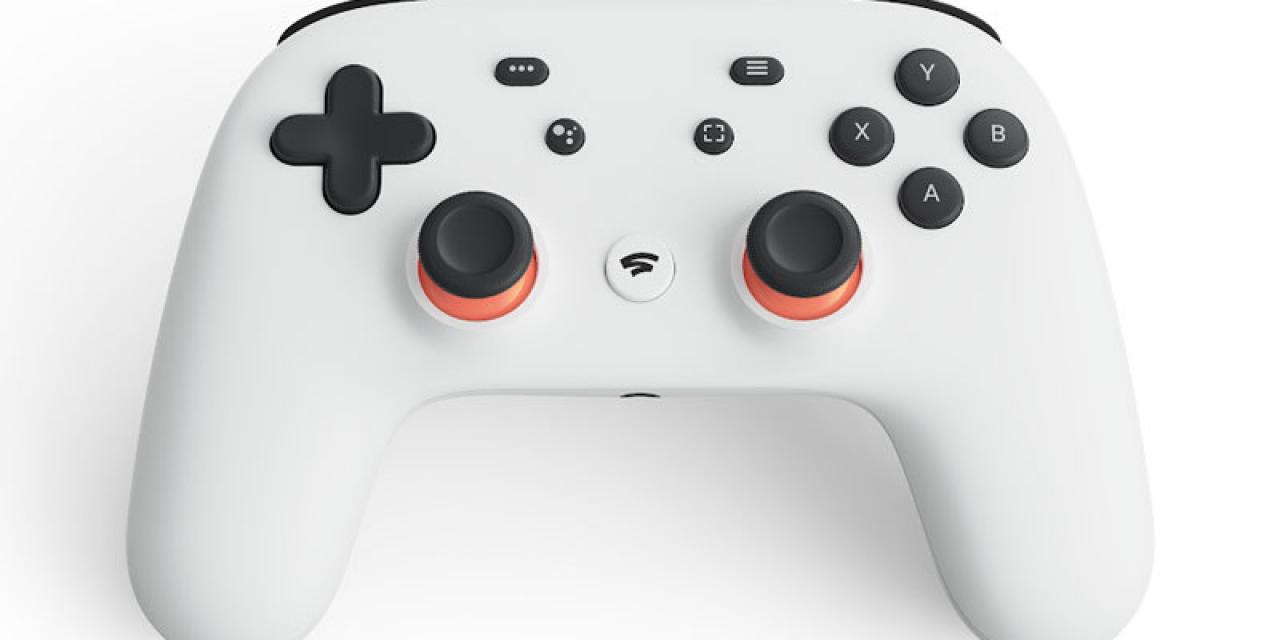
Google's Stadia game streaming service launched this week and somehow, the software giant appears to have pulled off something that has elluded other major cloud gaming developers in the past decade: It's made it a comparably good looking and smooth experience. Better yet, it's brought console-level gaming to smartphones without draining the battery or causing overheating and throttling.
But what it does suck up a lot of, is bandwidth. In its review, Digital Trends highlighted that as great as the mobile gaming experience is, you'll have to play on WiFi, as in just one hour their reviewer chewed through 10GB of data. That will obliterate any cellular data package you have, and even give some home broadband packages a run for their money if you plan to play for extended periods.
US Gamer echoed those sentiments, and suggested that Google Stadia was just "simply not ready for launch." It cited problems with lag on multiple platforms, stuttering, and other latency issues that made it practically impossible to play high-paced games like Destiny 2. Mortal Kombat 11 worked well enough, but the Stadia's wonky controller had its own problems there.
Digital Foundry gave us a harder look at the numbers of the whole thing, and found that Stadia introduces around an additional 50ms of lag compared to playing on a console. That's not terrible, but it's still 50 percent more than the standard Xbox One it used for testing. That could be enough to turn many gamers off. Especially considering it believes 4K visuals could require as much as 20GB per hour of gaming.
The overall feel from most reviewers is that Stadia is a good proof of concept, but that until the platform's problems are ironed out and Google improves latency and bandwidth requirements further, it's not going to catch on as a mainstream alternative to local gaming.
